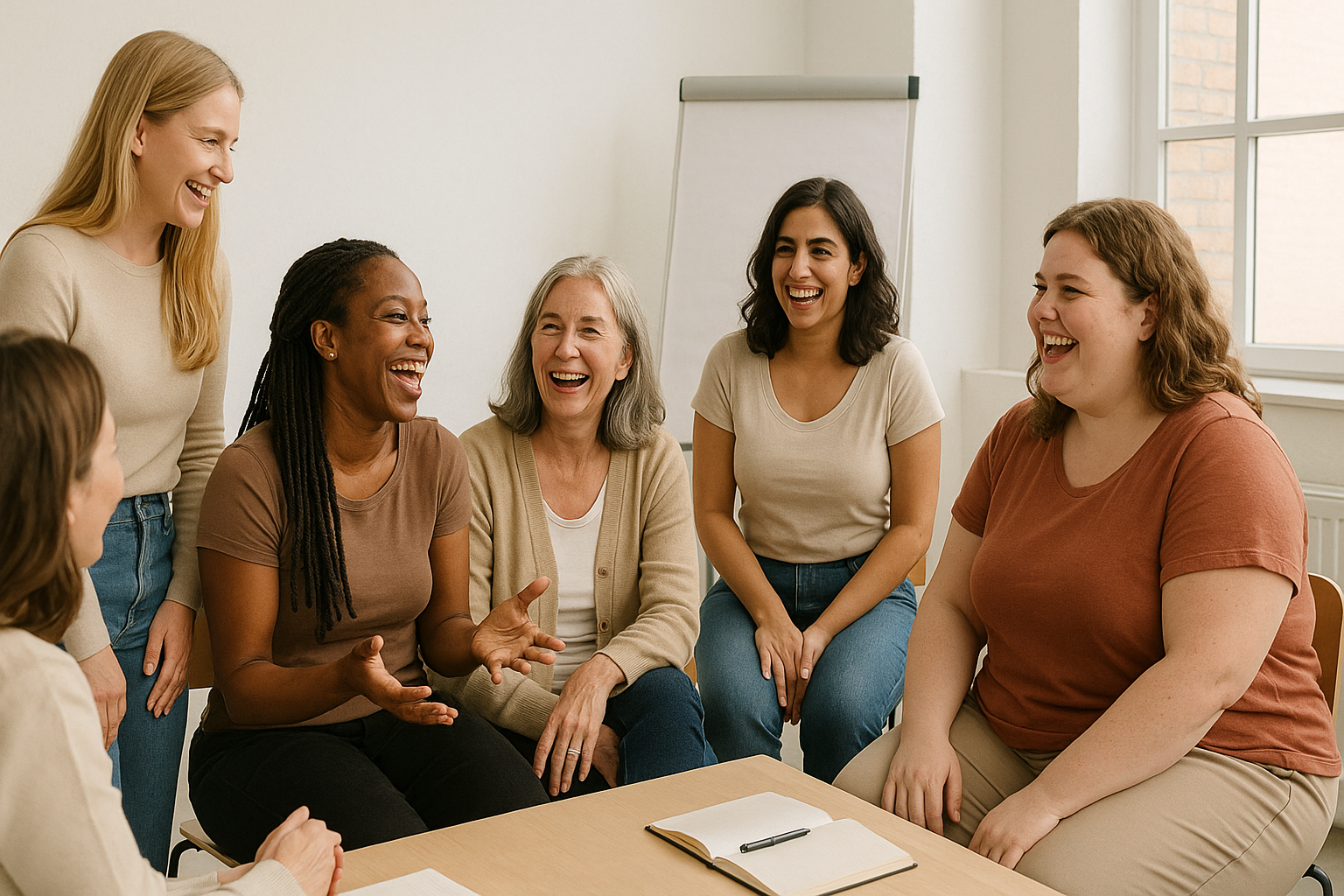posted by Alicia Navarro / Date: August 5, 2025

In early 2025, we launched “The Confidence Lab,” an experiment to explore, dissect, and understand the subtle mechanics that transform everyday uncertainty into unwavering self-assurance. Over a three-month span, I sat down—virtually or in person—with 30 remarkable women, spanning ages 21 to 68, across a spectrum of careers and backgrounds. From first-time managers to veteran entrepreneurs, each participant brought a unique perspective on what it truly means to harness confidence as both a mindset and a skill set. Their stories converge around a few consistent themes: practice, community, meaningful feedback, and the courage to embrace discomfort. What follows is a synthesis of their collective wisdom along with practical, real-world experiments you can apply today.
1. Confidence Is a Practice, Not a Fate
Nearly every interview began with the revelation that confidence isn’t an innate trait you’re born with; it’s an active practice. One software engineer described her daily morning ritual: three minutes of vocal warm-ups to project a stronger tone during stand-ups. Another executive cited her weekly habit of presenting to a small peer group to build resilience against public speaking jitters. The common thread? Repetition over time rewires neural pathways, allowing initial discomfort to evolve into a natural state of presence.
2. Community as a Confidence Multiplier
Solo achievements feel fleeting. Real momentum emerged when women tapped into supportive networks. In the Confidence Lab, we tested “accountability pods” of three participants who met biweekly to set micro-goals, share failures, and celebrate successes. The result: 87% reported sustained confidence improvements after eight weeks, compared to 45% in a control group working in isolation. The insight is clear: vulnerability and mutual encouragement amplify growth beyond solo effort.
3. Feedback Loops for Authentic Growth
Constructive feedback—delivered with empathy—is the engine of genuine self-improvement. During one session, an advertising director recorded her pitch and invited three peers to annotate her delivery. Observing both camera footage and pointed comments, she fine-tuned her posture and pacing. This “mirror plus commentary” method reduced her speaking anxiety by 60% in subsequent pitches. The Confidence Lab participants found that structured feedback sessions were crucial for highlighting blind spots and reinforcing strengths.
4. Embrace Discomfort Through Micro-Experiments
Stepping outside your comfort zone doesn’t require grand gestures. One marketing specialist shared a micro-experiment that cost nothing but courage: initiating a two-minute conversation with a stranger in the elevator each morning. A mid–career graphic designer took to posting one personal project per week on social media. These bite-sized challenges accumulate, forging an evidence trail of small wins that bolster self-belief in larger arenas.
5. Rituals to Anchor Momentum
Consistent confidence needs daily anchors. Many women in the lab adopted rituals—journaling three successes each evening, wearing a specific “power” accessory, or reciting an affirmation before critical meetings. These cues act as psychological Pavlovian triggers, guiding the mind into a confident state even when anxiety threatens. Experiment with different rituals and track which ones reinforce your growth most effectively.
Conclusion
The Confidence Lab revealed that confidence is neither mystical nor reserved for a select few. It’s built through deliberate practice, reinforced by community, honed by feedback, and sustained through conscious rituals. By applying these principles—micro-experiments, peer support, and consistent reflection—you can transform fleeting surges of self-assurance into enduring, actionable confidence. Start today: set your first micro-goal, recruit a small accountability group, and embrace the lab within you.
